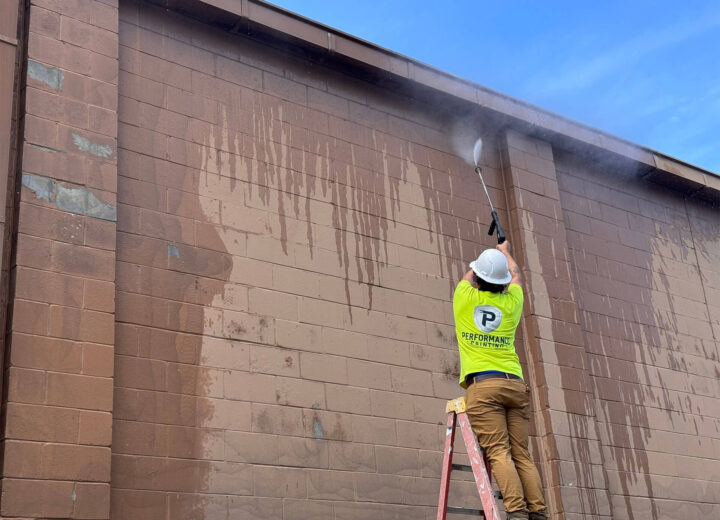Corrosion is a serious problem that costs us hundreds of billions of dollars a year. One way to minimize the economic impact of corrosion on our economy is to select the most effective coatings and application techniques.

Tank Lining as an Effective Corrosion Prevention Measure
Tank lining represents a process through which coating products are applied to the interior of storage tanks. Because contents like produce, potable water, chemicals, crude oil, clean petroleum products and other substances often undergo a chemical reaction when they come into contact with the surface of the tank, they can cause storage tanks to corrode and rust from the inside out. Specialty linings are often used to protect tanks from corrosion-related damage and prevent severe deterioration to the tank’s structural integrity.
Protecting storage tanks from corrosion is essential in order to prevent leaks as well as consequent environmental disasters, fires, explosions, workplace injuries, unexpected downtime, and costly repairs.
Although the application of protective linings is just one of the measures you can implement in order to keep your storage tanks fully operational, it’s essential to know that the quality of anti-corrosion linings can significantly decrease general maintenance costs and extend the life span of your storage tanks and other storage solutions, including silos, bins, and containers.
Types of Linings for Storage Tanks
Currently, industrial painting contractors recommend three main types of linings for tanks.
- Epoxy products – When it comes to epoxy tank linings, there are three basic formulations available: Epoxy Novolac, Bisphenol A, and Bisphenol F. Depending on the additives used, these formulations are available in a range of viscosities and functionalities. While Epoxy Novolac exhibits excellent chemical resistance and Bisphenol F offers more versatile functionality, Bisphenol A is characterized by higher viscosity and improved resistance to high temperatures. Epoxy Novolac is also solvent free, which makes it an excellent choice for environmentally friendly projects.
- Fluoropolymers – Because fluoropolymers are characterized by a low friction coefficient, high-impact tolerance, good tensile strength, and excellent resistance to corrosion, permeation, abrasion, and high temperatures, they’re very effective at lining storage tanks as well as other elements, such as transport vessels and pipes.
- Polyurethanes – Polyurethanes have been engineered to resist numerous chemical and mechanical stressors, including abrasion, puncture, and corrosion. Because polyurethane linings are very durable even in the most extreme environments, they provide excellent protection against different elements.
In addition to ensuring adequate protection against abrasion, rust, and corrosion, most tank linings have antifungal and antibacterial properties. As a result, they can inhibit the growth and proliferation of microorganisms, preventing premature spoilage along with the potential health and safety risks associated.
Application of Tank Linings
When specifying tank linings, industrial painting contractors should take into account the requirements of each project in order to recommend the right products for the job. Furthermore, tank linings must be applied according to industry standards and manufacturers’ instructions. Because tank lining applications involve work in confined spaces, paint crews need to consider the potential risks associated and implement all the measures necessary to ensure the health and safety of everyone involved in the project.
While coating manufacturers don’t always know all the stressors their products need to protect against, industrial painting contractors can ask questions and inspect work areas in order to determine the substances storage tanks will be holding and identify the operating conditions each tank will be exposed to. After taking into account all these variables, industrial painters can specify the right types of linings for each project.
When high-quality tank linings are professionally applied according to manufacturers’ instructions, the service life of storage tanks can be considerably extended. Furthermore, specialty tank linings require minimum maintenance and less downtime, which will have a direct positive impact on your overall operating costs.
Because multiple factors need to be considered when preparing tank surfaces and applying linings, it’s important to hire qualified industrial painting contractors that specialize in these types of projects. Performance Painting Contractors has the necessary expertise and experience in coating inspection, failure analysis, surface preparation, lining application, and site maintenance.
Irrespective of the commercial or industrial coating and painting services you’re looking for, feel free to contact our experienced professionals at (904)-641-4800 and (813)-308-0388.






